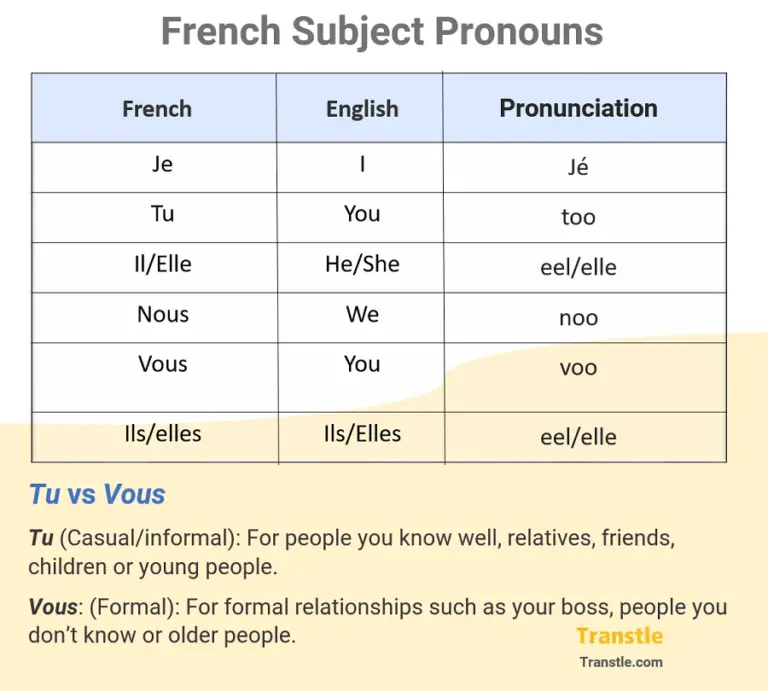Within the realm of the French language, the pronouns “nous” and “on” often get confused as interchangeable terms, leading to uncertainty among individuals seeking to understand the distinct roles and usage of these crucial pronouns. While both “nous” and “on” can be translated as “we” in English, they exhibit subtle yet significant differences in their application and grammatical implications. Grasping the distinctions between “nous” and “on” is essential for effective communication and accurate translation in French.
“Nous”: Embracing the Inclusive “We”

“Nous” represents the first-person plural pronoun in French, indicating a group of individuals, including the speaker, performing an action or experiencing a state of being. It is typically used in formal situations, written language, and when the speaker explicitly identifies themselves as part of the group.
Key Features of “Nous”
Inclusive pronoun: Encompasses the speaker and others in the group.
Formal usage: Commonly used in formal settings and written communication.
Explicit identification: The speaker clearly identifies themselves as part of the group.
“On”: Adopting the Impersonal “We”

“On,” on the other hand, represents an impersonal pronoun, often used to make general statements about people or groups without explicitly identifying the speaker or any specific individuals. It is frequently used in informal conversations, narratives, and when referring to general human experiences or behaviors.
Key Features of “On”
Impersonal pronoun: Does not explicitly identify the speaker or any specific individuals.
Informal usage: Commonly used in informal conversations and narratives.
Generalizations: Refers to people or groups in a general sense, without specific identification.
Comparative Table
| Feature | Nous | On |
|---|---|---|
| Inclusiveness | Inclusive, encompassing the speaker and others | Impersonal, does not explicitly identify the speaker or any specific individuals |
| Formality | Formal usage | Informal usage |
| Identification | Speaker clearly identifies themselves as part of the group | Speaker and specific individuals are not explicitly identified |
| Usage | Formal situations, written language | Informal conversations, narratives, general statements |
Examples Illustrating the Differences
Nous sommes fatigués. (We are tired.)
On est content de vous voir. (We are glad to see you.)
Nous avons travaillé toute la journée. (We have worked all day.)
Il faut qu’on se dépêche. (We need to hurry.)
Nous allons au cinéma ce soir. (We are going to the cinema tonight.)
On devrait se détendre un peu. (We should relax a little.)
Conclusion
“Nous” and “on,” while sharing the common meaning of “we,” serve distinct purposes in French communication. “Nous” emphasizes the inclusion of the speaker and others in a group, while “on” adopts an impersonal approach, making general statements about people without explicit identification. Understanding these nuances is crucial for accurate translation, effective communication, and navigating the subtleties of the French language.